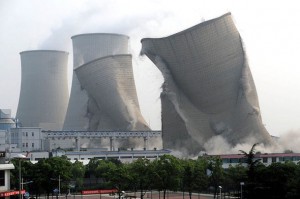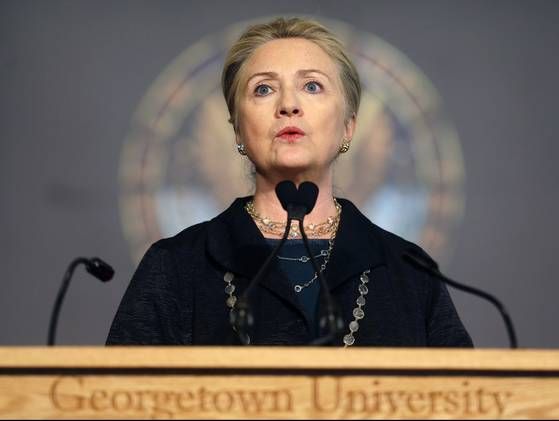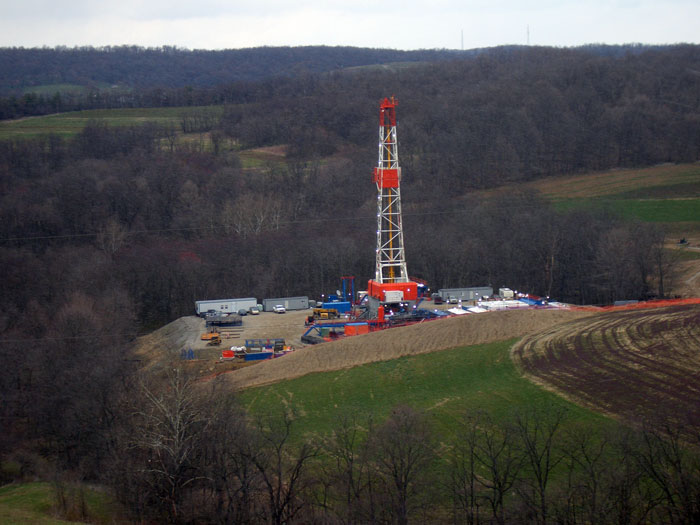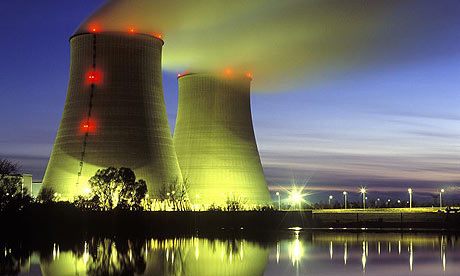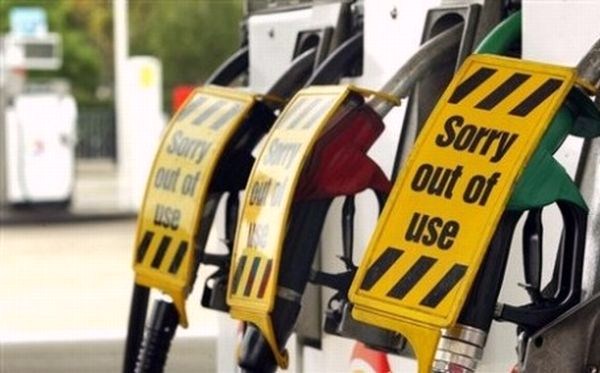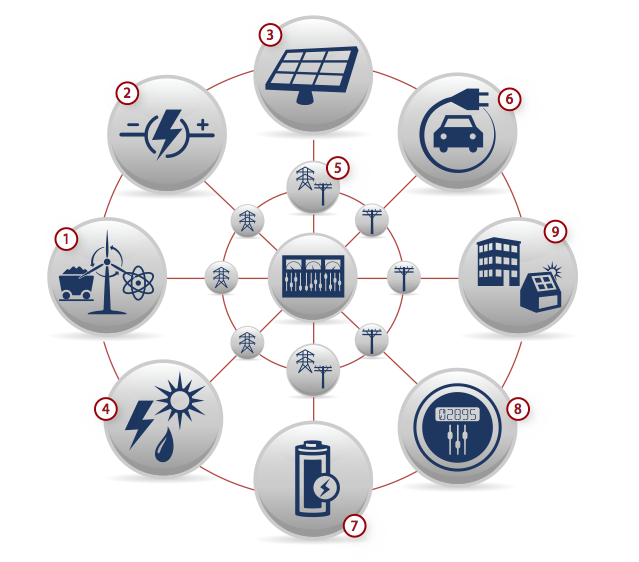587 item(s) were returned.
Pundits, politicians, and many in the energy industry have largely applauded the surge in natural gas production, pointing to the cheap and abundant resource as providing a much needed boost to the economy, as a potential tool in achieving greater energy security, and as a means to address climate change and transition to cleaner forms of energy. But as natural gas plants become increasingly widespread, they are displacing other power sources, such as coal, an increasing number of renewables and now a nuclear plant. Observers have noted that cheap natural gas has turned the tide in favor of natural gas… [more]
View Insight2012 brought into stark relief the ways in which energy influences U.S. foreign policy. Decisions on trade sanctions in Iran, natural gas exports, and drilling for oil in the arctic are good examples of scenarios in which domestic policy goals and U.S. foreign interests were deliberated by the current administration, and a course for the country’s energy and foreign policy future was laid out. Hillary Clinton, in speaking recently at Georgetown University, highlighted the ways in which energy development and consumption will continue to be an issue facing the U.S. and its foreign policy efforts, even as the U.S. continues to… [more]
View InsightIn the second presidential debate of 2012 an attendee asked President Obama, “Your energy secretary, Steven Chu, has now been on record three times stating ‘It’s not policy of this department to help lower gas prices.’ Do you agree with Secretary Chu, that this is not the job of the Energy Department?” The question went essentially unanswered as both candidates took the opportunity instead to promote their energy platforms. The answer to this question may be simple, as OurEnergyPolicy.org Expert Joel Brown explains in a tweet: “The unanswered question answered: the DOE does NOT have the charge to lower gasoline… [more]
View InsightThe rapid proliferation of natural gas development has led to a variety of environmental concerns, such as air and water pollution, increased geological activity, and greenhouse gas emissions. A new paper from John Bistline, a doctoral candidate in Management Science and Engineering at Stanford University, investigates how “uncertainties in future natural gas prices, upstream methane emissions, the global-warming potential of methane, and the stringency of federal climate policy will influence optimal (GHG) abatement efforts” and the “future deployment of energy technologies.” Generating capacity decisions are made along long and largely uncertain planning horizons, and plants often come online into very… [more]
View InsightDenbury, a small energy resources firm focused on oil and natural gas, sees a bright future in enhanced oil recovery (EOR), a process that pumps CO2 into oil wells to release hard-to-reach oil. EOR has been promoted as a way to simultaneously address climate change and improve recoverable oil reserves. The company surprised many recently after it traded its Bakken Shale assets – some of the most productive in the country – to Exxon Mobil in exchange for $1.6 billion in cash and parts of Exxon Mobil’s Texas and Wyoming stakes. Denbury will instead focus on utilizing EOR in its… [more]
View InsightA new U.S. Environmental Protection Agency mandate under the Renewable Fuel Standard will require a minimum four-gallon purchase of the E10 ethanol-gasoline blend at service station pumps selling both E10 and E15 fuel from the same hose. E15 is an 85% gasoline, 15% ethanol fuel blend, and has only been approved for use in vehicles manufactured after 2001. Roughly two-thirds of gasoline pumps in U.S. gas stations use one hose to dispense different blends of fuel. This has lead to concerns that residual E15 could end up in the engines of vehicles not designed to run on the higher blend, such… [more]
View InsightThe Japanese government, which had announced a gradual phase-out of nuclear power by 2040, reversed that position and will instead develop an energy policy “with flexibility, based on tireless verification and re-examination.” The country was faced with the difficulty of replacing the 30% of electricity it gets from nuclear energy, and altering an existing strategy that would have seen that number rise to 50%. The reduction in nuclear energy usage would have come through greater reliance on renewable energy, conservation, and the use of fossil fuels, according to the original plan. Although nuclear will remain in the mix, no new… [more]
View InsightGE recently announced a line of new natural gas turbine models that offer both increased efficiency and flexibility. Traditionally, “Conventional natural-gas power plants are generally either flexible or efficient. That is, some can quickly increase and decrease power output to meet spikes or lulls in electricity demand, while others are able to hum along steadily without using much natural gas but take hours to bring up to speed,” wrote Kevin Bullis of MIT’s Technology Review. Power plants need to become more nimble as demand increases, fossil fuel prices continue to fluctuate, and more renewable energy sources are added to the… [more]
View InsightWith oil playing such an important role in transportation, energy, and manufacturing worldwide, supply disruptions pose a serious threat to the global economy and political stability. Earlier this year, the Herzliya Conference convened a group of experts and practitioners from a range of specialties around the world to participate in a war-game that examined a possible oil-shortage scenario: a global oil crisis initiated by a terrorist attack on the Saudi Arabian Abqaiq oil facility. Under the conditions of the simulation six million barrels of oil per day were removed from global markets, resulting in a shortage of millions of barrels… [more]
View InsightThe last few years have seen advancements in energy technology improvements – particularly in the realm of efficiency, distributed generation, and the smart grid. However, many feel that the deployment of new technologies has been slowed by the political and regulatory challenges surrounding energy policy, along with the large number of stakeholders involved. A new report from the Center for American Progress, “The Networked Energy Web,” aims to reorient the energy policy discourse, away from a partisan federal policy battle, and towards pursuing a bipartisan solution for the “massive technology-deployment challenge for the economy writ large.” The authors describe the… [more]
View Insight